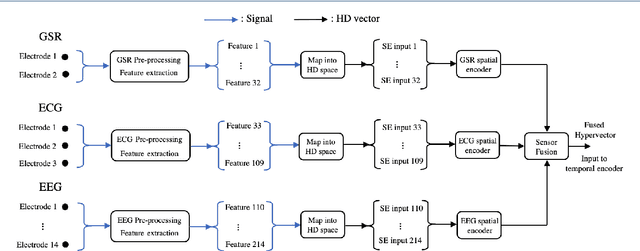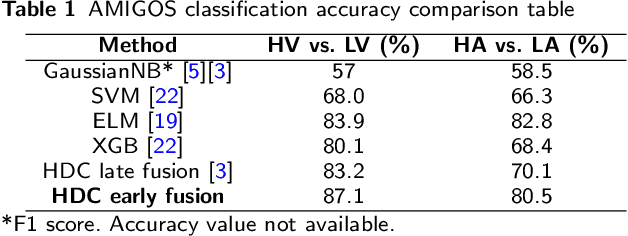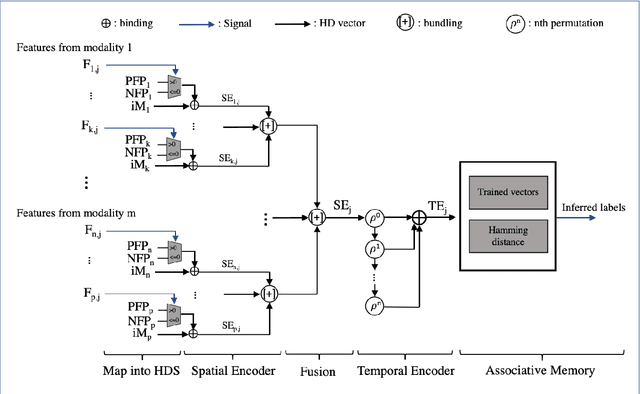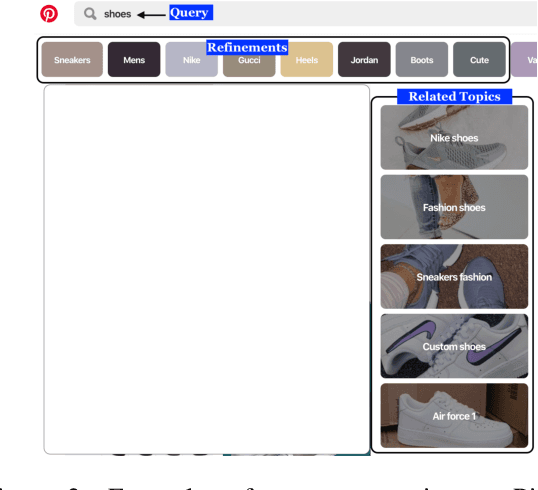Daniel Sun
When Prompt Engineering Meets Software Engineering: CNL-P as Natural and Robust "APIs'' for Human-AI Interaction
Aug 09, 2025Abstract:With the growing capabilities of large language models (LLMs), they are increasingly applied in areas like intelligent customer service, code generation, and knowledge management. Natural language (NL) prompts act as the ``APIs'' for human-LLM interaction. To improve prompt quality, best practices for prompt engineering (PE) have been developed, including writing guidelines and templates. Building on this, we propose Controlled NL for Prompt (CNL-P), which not only incorporates PE best practices but also draws on key principles from software engineering (SE). CNL-P introduces precise grammar structures and strict semantic norms, further eliminating NL's ambiguity, allowing for a declarative but structured and accurate expression of user intent. This helps LLMs better interpret and execute the prompts, leading to more consistent and higher-quality outputs. We also introduce an NL2CNL-P conversion tool based on LLMs, enabling users to write prompts in NL, which are then transformed into CNL-P format, thus lowering the learning curve of CNL-P. In particular, we develop a linting tool that checks CNL-P prompts for syntactic and semantic accuracy, applying static analysis techniques to NL for the first time. Extensive experiments demonstrate that CNL-P enhances the quality of LLM responses through the novel and organic synergy of PE and SE. We believe that CNL-P can bridge the gap between emerging PE and traditional SE, laying the foundation for a new programming paradigm centered around NL.
Efficient emotion recognition using hyperdimensional computing with combinatorial channel encoding and cellular automata
Apr 06, 2021



Abstract:In this paper, a hardware-optimized approach to emotion recognition based on the efficient brain-inspired hyperdimensional computing (HDC) paradigm is proposed. Emotion recognition provides valuable information for human-computer interactions, however the large number of input channels (>200) and modalities (>3) involved in emotion recognition are significantly expensive from a memory perspective. To address this, methods for memory reduction and optimization are proposed, including a novel approach that takes advantage of the combinatorial nature of the encoding process, and an elementary cellular automaton. HDC with early sensor fusion is implemented alongside the proposed techniques achieving two-class multi-modal classification accuracies of >76% for valence and >73% for arousal on the multi-modal AMIGOS and DEAP datasets, almost always better than state of the art. The required vector storage is seamlessly reduced by 98% and the frequency of vector requests by at least 1/5. The results demonstrate the potential of efficient hyperdimensional computing for low-power, multi-channeled emotion recognition tasks.
Improving Query Safety at Pinterest
Jun 23, 2020



Abstract:Query recommendations in search engines is a double edged sword, with undeniable benefits but potential of harm. Identifying unsafe queries is necessary to protect users from inappropriate query suggestions. However, identifying these is non-trivial because of the linguistic diversity resulting from large vocabularies, social-group-specific slang and typos, and because the inappropriateness of a term depends on the context. Here we formulate the problem as query-set expansion, where we are given a small and potentially biased seed set and the aim is to identify a diverse set of semantically related queries. We present PinSets, a system for query-set expansion, which applies a simple yet powerful mechanism to search user sessions, expanding a tiny seed set into thousands of related queries at nearly perfect precision, deep into the tail, along with explanations that are easy to interpret. PinSets owes its high quality expansion to using a hybrid of textual and behavioral techniques (i.e., treating queries both as compositional and as black boxes). Experiments show that, for the domain of drugs-related queries, PinSets expands 20 seed queries into 15,670 positive training examples at over 99\% precision. The generated expansions have diverse vocabulary and correctly handles words with ambiguous safety. PinSets decreased unsafe query suggestions at Pinterest by 90\%.
 Add to Chrome
Add to Chrome Add to Firefox
Add to Firefox Add to Edge
Add to Edge